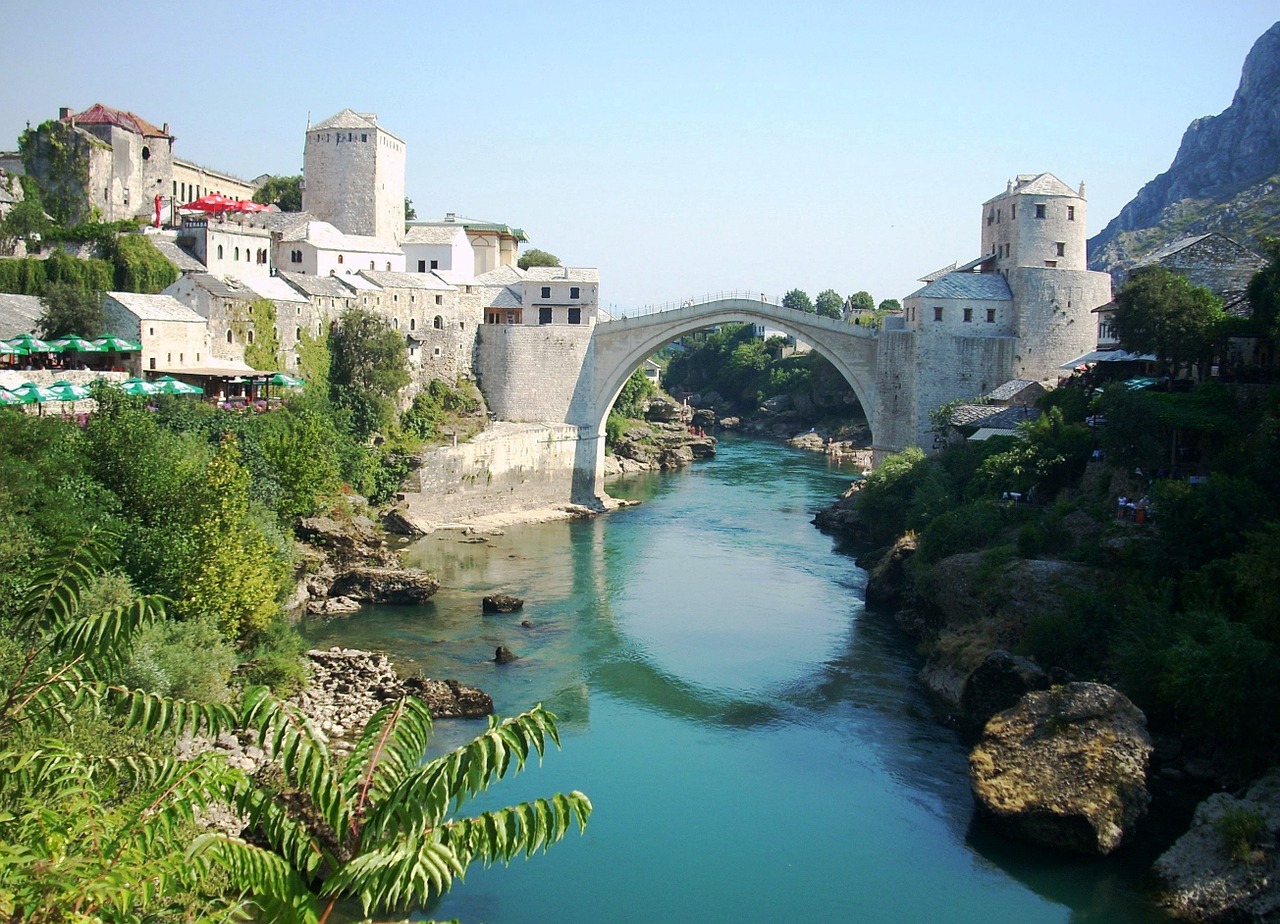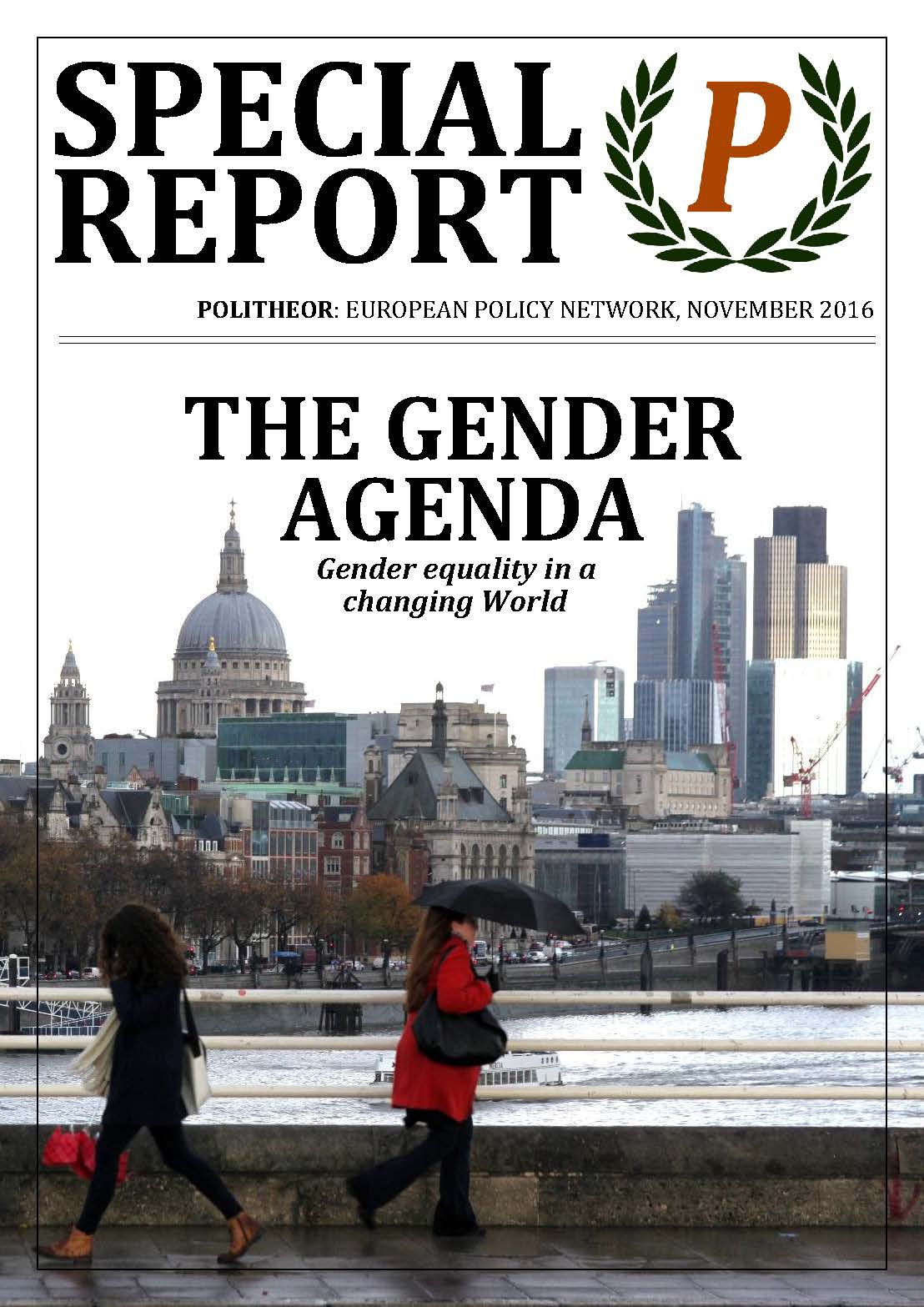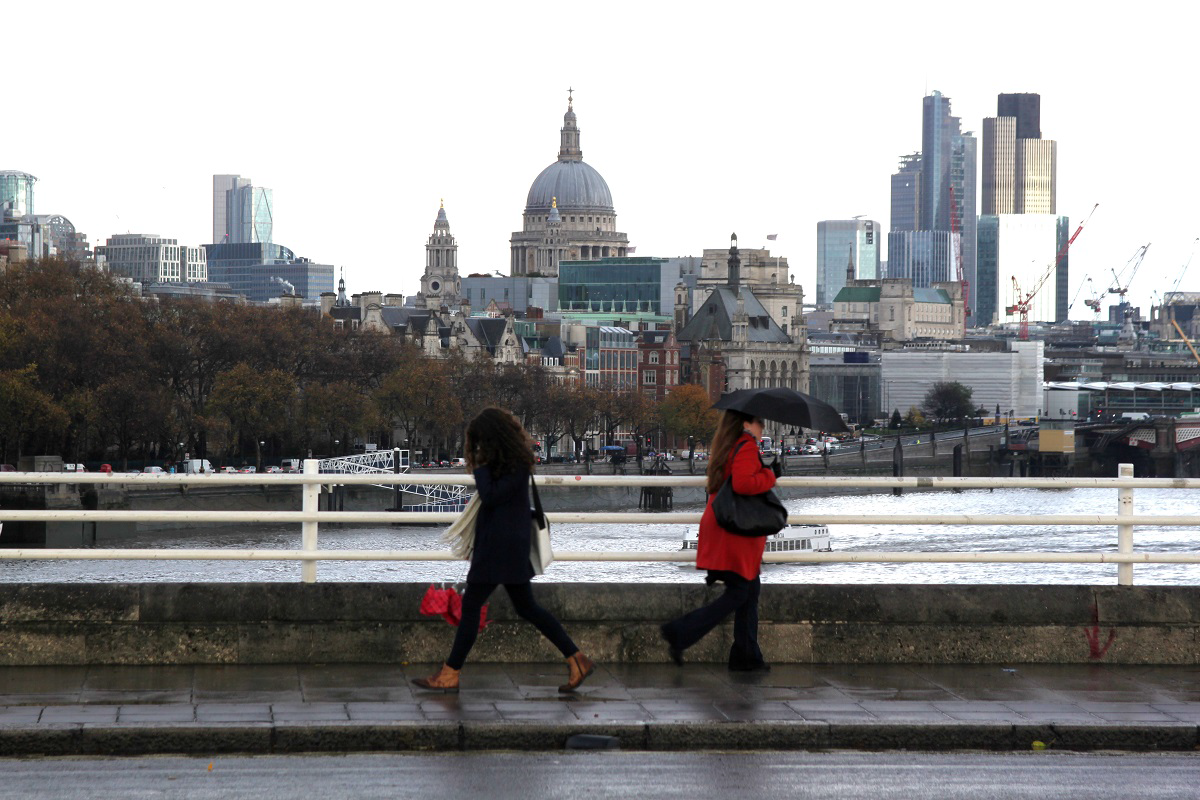POLITHEOR
European Policy Network
Blog Small Slider
- Home
- Blog Small Slider
All Posts
The power of people: A victory for Polish women and human rights0
- Human Rights and Migration, Op-ed
- 01/12/2016
Coming from a Catholic country where 7 out of 10 doctors are conscientious objectors, I followed the debate on abortion in Poland with passion, and hope. Hope for the protest of 30.000 people who went out onto the streets in early October, and managed to save Polish women from what felt like a medieval backlash.
READ MORE

The EU and Bosnia-Herzegovina on a slippery slope0
- International Relations and Global Affairs, Op-ed
- 28/11/2016
In the last weeks, the political leaders of Bosnia-Herzegovina have pushed the country into a new crisis. The reason behind it was the Serbian entity’s decision to hold a referendum on whether 9th January should become the Day of Republika Srpska. This was widely opposed by the Croats and Bosniaks in the country, and also by the EU.
READ MORE
Politheor’s Special Report: The Gender Agenda5
- Human Rights and Migration, Special Report
- 25/11/2016
Why do we need a gender agenda?
READ MORE









